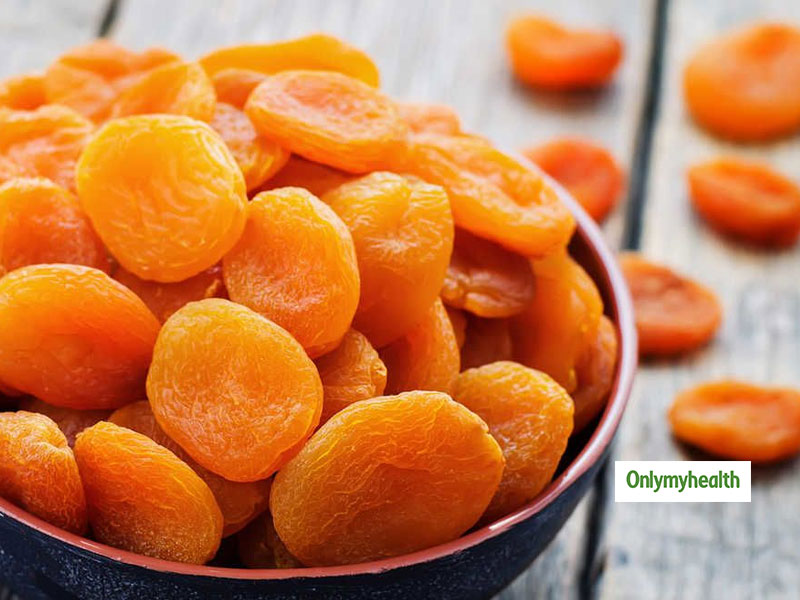
Apricots, commonly known as Khubani, are not just delicious fruits; they are also packed with a myriad of health benefits supported by scientific studies. This article explores the nutritional profile of apricots and highlights the research-backed advantages they offer for overall well-being.
Table of Content:-
Health Benefits of Apricots (Khubani)
1. Rich in Antioxidants
Apricots are a rich source of antioxidants, particularly beta-carotene, which gives them their vibrant orange colour. Antioxidants help combat oxidative stress and reduce the risk of chronic diseases. A study published in the "Journal of Agricultural and Food Chemistry" (2005) found that apricots exhibited significant antioxidant activity, contributing to their potential health-promoting effects.
2. Supports Heart Health
Several studies have linked the consumption of apricots to heart health benefits. The high potassium content in apricots helps regulate blood pressure. A review published in the "American Journal of Clinical Nutrition" (2017) emphasised the role of potassium-rich foods in reducing the risk of cardiovascular diseases, making apricots a heart-friendly choice.

Also Read: 6 Vitamin E-Rich Food Items That Help Unlock the Anti-Ageing Powers
3. Enhances Digestive Health
Apricots are an excellent source of dietary fibre, promoting digestive health. The fibre content aids in preventing constipation and maintaining a healthy digestive system. A study published in the "World Journal of Gastroenterology" (2012) highlighted the positive impact of dietary fibre on gastrointestinal health, emphasising its role in preventing digestive disorders.
4. Supports Vision Health
The beta-carotene in apricots is converted into vitamin A, which is crucial for maintaining healthy vision. A study published in the "Archives of Ophthalmology" (2008) suggested that a diet rich in beta-carotene can reduce the risk of age-related macular degeneration, a leading cause of vision loss in older adults.
5. Boosts Immune Function
Apricots are a good source of vitamin C, an essential nutrient for a robust immune system. Vitamin C supports the production of white blood cells and helps the body fight infections. A study in the "Nutrients" journal (2017) demonstrated the immunomodulatory effects of vitamin C, emphasising its role in enhancing immune function.

Also Read: 6 Vitamin E-Rich Food Items That Help Unlock the Anti-Ageing Powers
6. Potential Anti-Cancer Properties
Research has shown that the phytochemicals present in apricots may have anti-cancer properties. A study in the "Journal of Agricultural Science and Technology" (2016) suggested that apricot extracts exhibited cytotoxic effects on cancer cells, indicating their potential as a natural anti-cancer agent.
Bottomline
Incorporating apricots into your diet can provide a wide array of health benefits, ranging from antioxidant support to heart health and beyond. With a delicious taste and a nutrient-packed profile, apricots are a versatile fruit that can be enjoyed on their own, added to salads, or used in various culinary creations. As with any dietary changes, it's essential to consult with a healthcare professional for personalised advice based on individual health needs.
Also watch this video
How we keep this article up to date:
We work with experts and keep a close eye on the latest in health and wellness. Whenever there is a new research or helpful information, we update our articles with accurate and useful advice.
Current Version